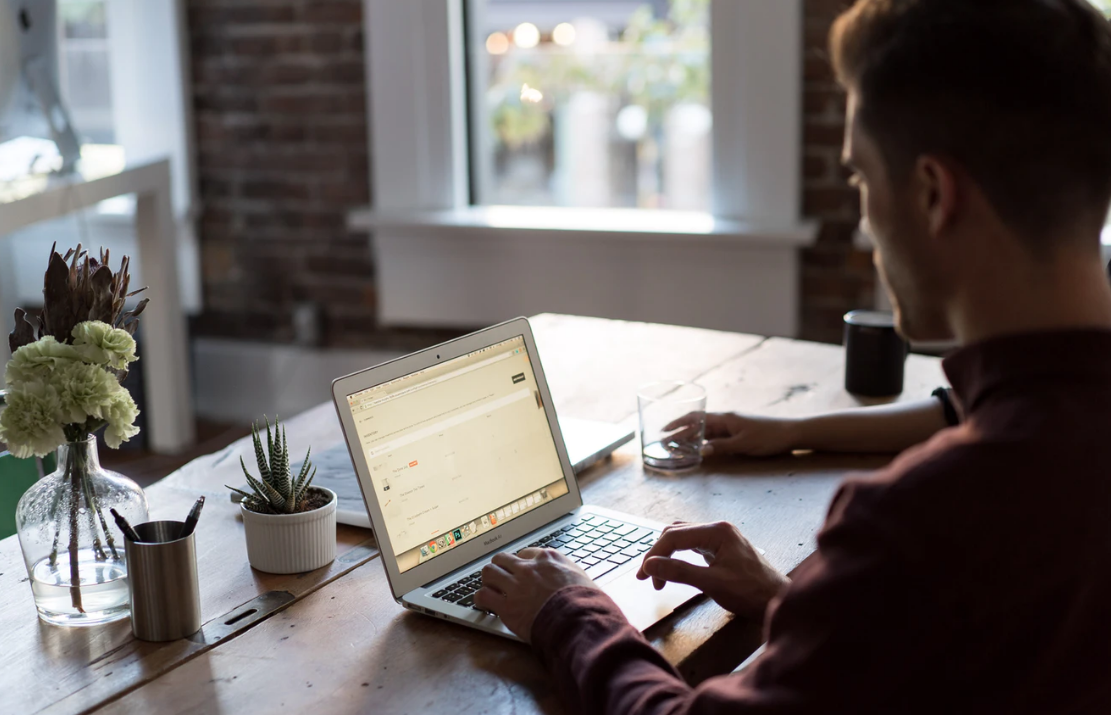


1. Knowing the facts
It’s easy to be bowled over by the figures on your first paycheck, and to get confused about National Insurance, tax and pension contributions. You should first take a step back to work out how much you’ll have in your pocket at the end of every month, that way you’ll be able to budget more effectively. If you’re unsure about things like tax calculations perhaps sit down with a family member or a friend who has been working for longer and can provide you with some context. They won’t mind giving you a helping hand!
2. Saving
If you get into the habit of saving in your early 20’s, it will put you in good stead for the rest of your working life and beyond. Putting a little a bit aside (even if it’s only £20 to begin with) every month as soon as you get paid will pay dividends when you start to think about buying your first house or, even though it’s a long way off, retirement. In the short term, you might even want to save towards a special holiday. The world is your oyster!
3. Try to not overspend
If you’re having to relocate for your new job or perhaps moving away from home for the first time, it’s hard to know how much things will be. Try not to waste money on things you really don’t need while you’re getting yourself set up (we know, it’s easier said than done!). Is it absolutely necessary to buy a caramel latte every morning before work or do your weekly food shop at M&S?
4. Being prepared
It might not be financially possible for everyone, but having a bit of money put aside in case of an emergency is always sensible. You never know when you might have to fork out for something unexpected. It doesn’t have to be a lot, but you’ll be grateful if you ever need to use it. Even if it’s just adding an extra £10 a month to your “rainy day" fund… you’ll be surprised by how quickly the money builds up!
5. Treat yourself
It might take a while to wear off, but you’re not a student anymore, and you’ve worked hard, so you deserve to treat yourself once in a while. We’re not saying to splash out on a brand new sports car (it might be a bit out of your price range) but if you think you can afford it, go out and buy something you’ll really benefit from. Investing in good quality products should save you money in the long run.



